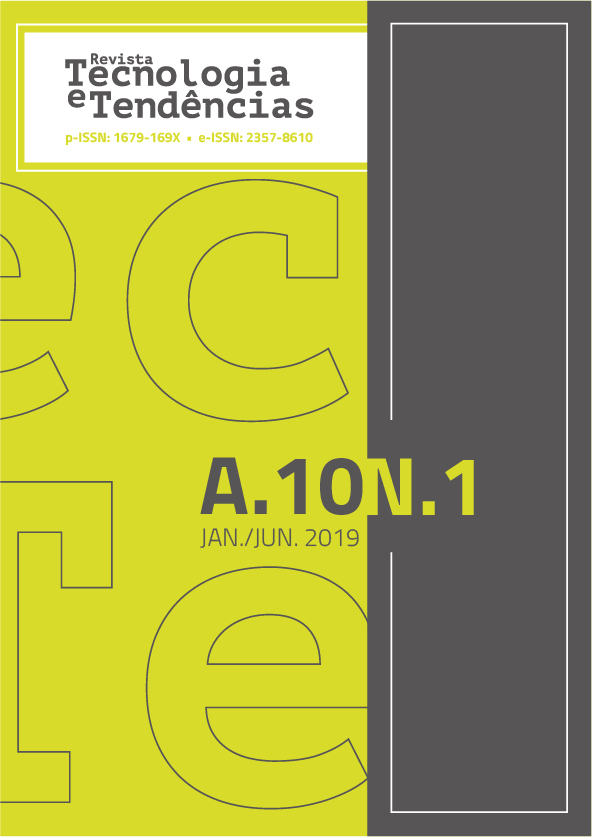DESIGN COMO FERRAMENTA DE CONSTRUÇÃO DE CONHECIMENTO
DOI:
https://doi.org/10.25112/rtt.v10i1.1507Resumo
O presente artigo visa apresentar um referencial teórico sobre a educação e a revolução digital, como forma de reflexão sobre o perfil e o comportamento dos alunos, que está em constante mudança. Este cenário é acompanhado de pouco suporte no processo de aprendizagem, por não acompanhar a dinâmica imposta pelos avanços tecnológicos. Entendendo que a educação tem direta ligação com a evolução da sociedade, percebe-se que o momento exige profunda transformação estrutural do sistema de ensino, sob pena de não atingir os objetivos de ensinar e educar. Para o desenvolvimento da pesquisa foram utilizadas as duas primeiras etapas da metodologia de Kumar (2012), que consistem em pesquisa e análise. Por meio de entrevistas com alunos e professores, foi possível concluir que o professor precisa atuar de maneira a estimular os alunos e provocá-los para que pensem e atuem para o futuro, assim como se sintam instigados e desafiados na sala de aula.
Palavras-chave: Educação. Tecnologia. Metodologias ativas. Design.
ABSTRACT
This article aims to present a theoretical framework on education and the digital revolution, as a way of reflecting on the profile and behavior of students, which is constantly changing. This scenario is accompanied by the lack of support in the learning process, for not following the dynamics imposed by the technological advances. Understanding that education has a direct connection with the evolution of society, it is perceived that the moment demands a profound structural transformation of the education system, failing to achieve the objectives of teaching and educating. For the development of the research, the first two steps of Kumar’s methodology (2012), which consisted of research and analysis, were used. Through interviews with students and teachers, it was possible to conclude that the teacher needs to act in a way that instigates the students and causes them to think and act for the future, as well as to feel stimulated and challenged in the classroom.
Keywords: Education. Technology. Active methodologies. Design.
Downloads
Publicado
Edição
Seção
Licença
• Os autores mantêm os direitos autorais e concedem à revista o direito de primeira publicação com o trabalho licenciado sob a Licença Creative Commons - Attribution 4.0 International (CC BY 4.0).
• Os autores são estimulados a publicar e distribuir seu trabalho online (ex.: em repositórios institucionais ou na sua página pessoal), pois isso pode aumentar o impacto e a citação do trabalho publicado.
--------------------------------------------------------------------------------------------------------------------------------
• The authors retain the copyright and grant the magazine the right of first publication with the work licensed under the Licença Creative Commons - Attribution 4.0 International (CC BY 4.0).
• Authors are encouraged to publish and distribute their work online (eg in institutional repositories or on their personal page), as this may increase the impact and citation of the published work.

